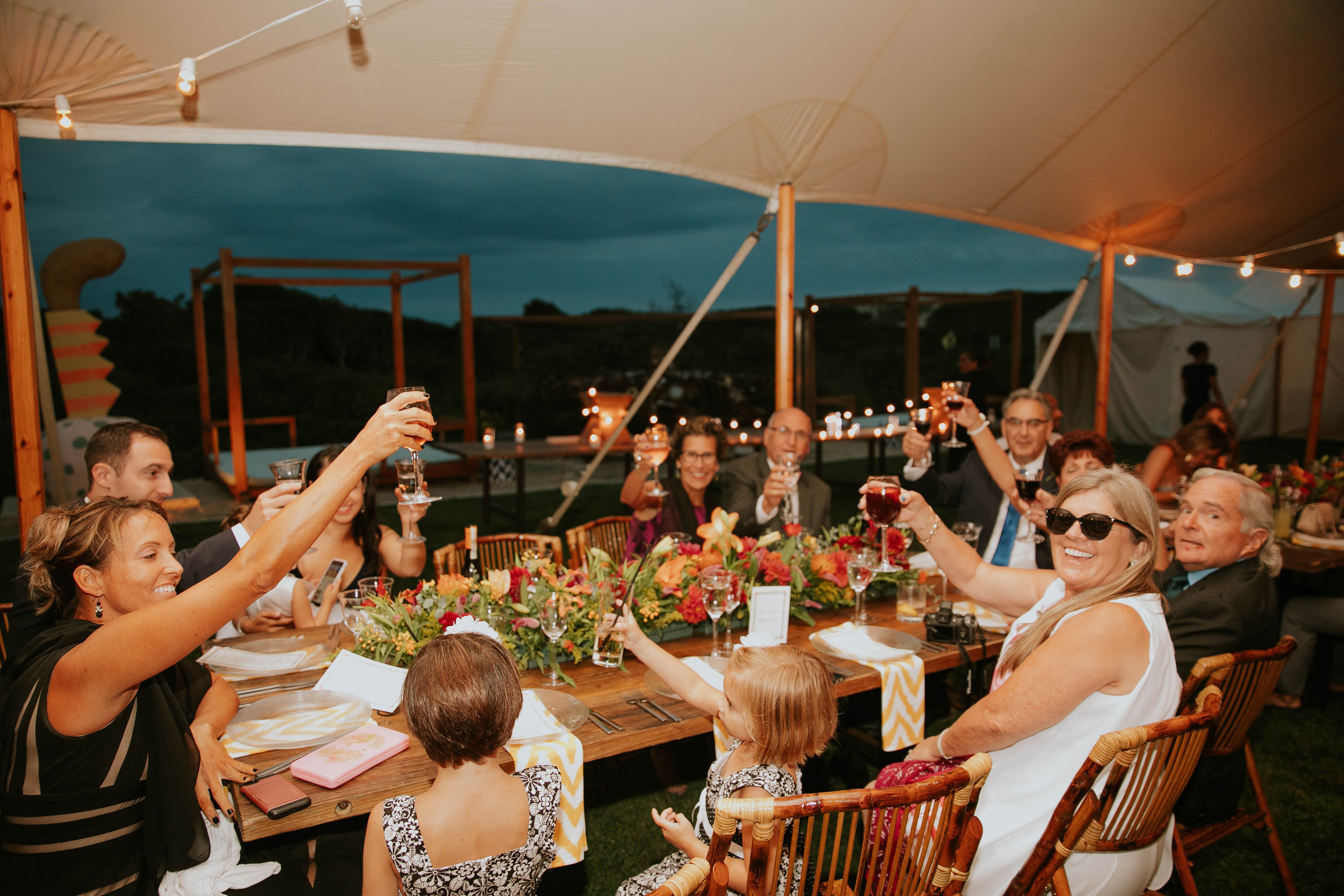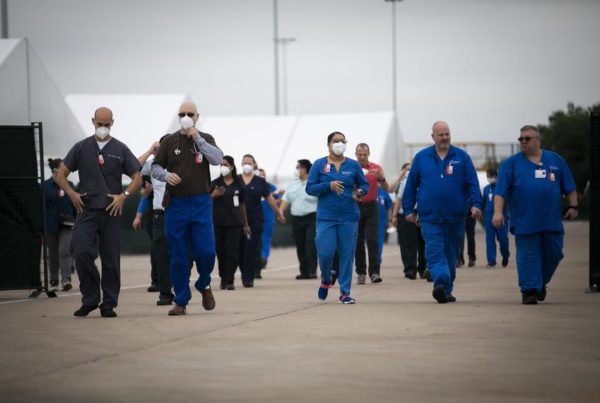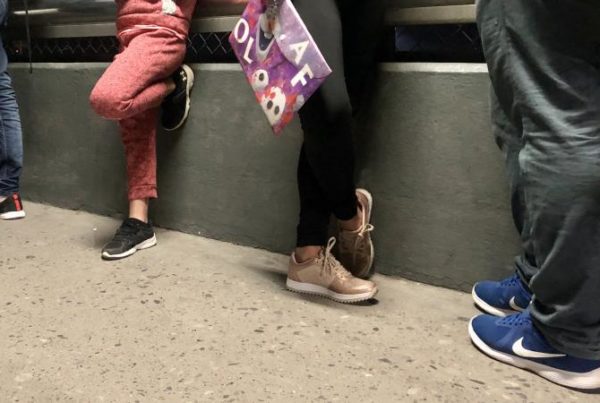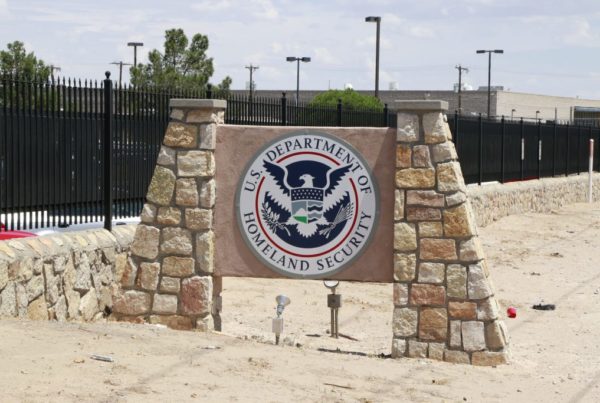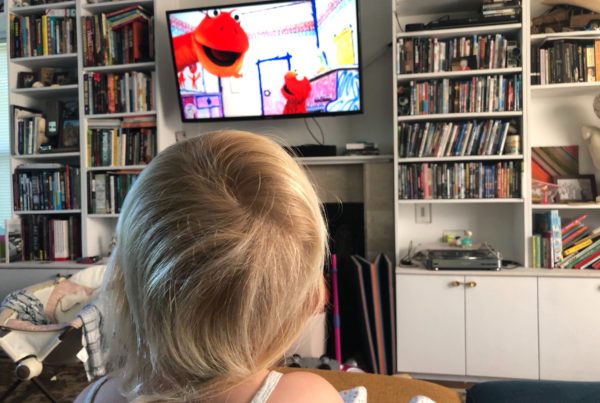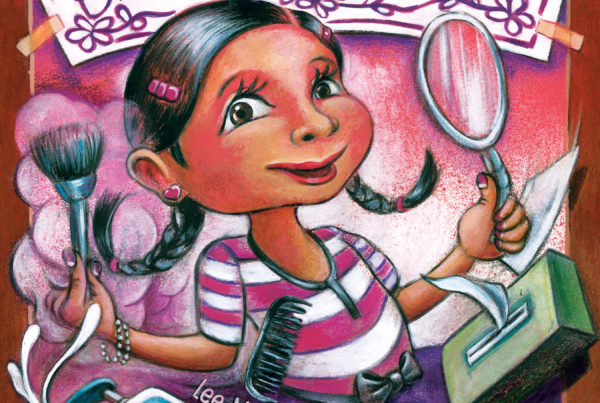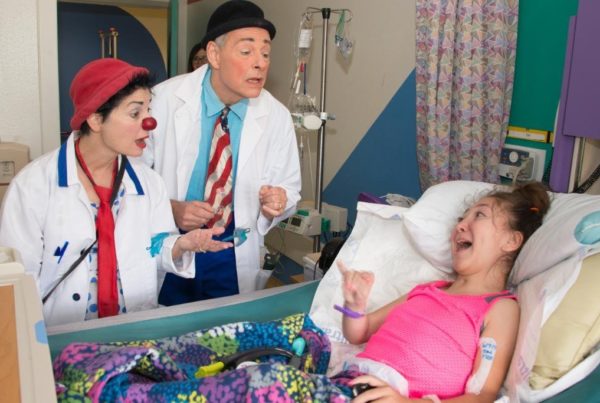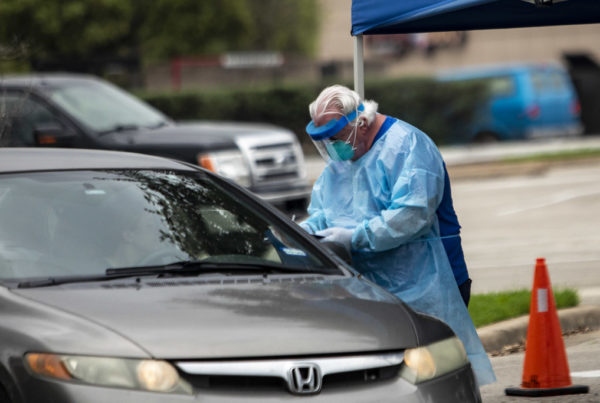What happens to a town whose very livelihood relies on galas, weddings and special events when a pandemic hits, forcing all those scheduled vows to be put on ice?
If you’re the wedding capital of Texas aka the Hill Country town of Dripping Springs, you work madly to hold on to bookings. You also look for ways of pivoting part of your business to supply emergency first responders.
“We are working really diligently with our clients and we are moving our dates,” Kim Hanks, CEO of Dripping Springs-based Whim Hospitality told the Texas Standard. “As you can imagine our brides and our couples are still in love. And they still want to get married.”
Dripping Springs is home to three dozen wedding venues that host some 2,000 weddings a year.
Spring is traditionally Dripping Springs’ biggest season. It plays host not only to weddings but hundreds of special galas and events including the South By Southwest Conference. When SXSW was cancelled, the parties and events in Dripping Springs were too. Hanks said her company’s loss this spring from cancellations totaled $6 million. She had to lay off 60% of her staff, about 150 people. Those who remain are on a limited schedule for now.
“We rely on that money to push us through summer and winter when there’s not a lot going on,” Hanks said. ” It was a devastating blow.”
Hanks, who is on the board of Dripping Springs Visitors Bureau, said she is working with other wedding and special events’ planners to hold onto business by rescheduling weddings and events.
“We’re talking about how do you move and not cancel so we can protect some of our revenue,” she said.
In the meantime, Hanks has temporarily moved part of her business – her tent division – into the field of emergency management. Her company’s tents are now being rented out for drive-by testing shelters for health care personnel and food bank distribution.
“It feels good and it feels good for our employees to feel like they’re essential and part of Texas getting better,” Hanks said.
When asked what government could do to help the special events industry, Hanks quickly responded: “Give me a seat at the table.”
She said she wants to be part of decision-making in Austin to make sure that when businesses not only survive but are safe for “when those clients come back.”
If you found the reporting above valuable, please consider making a donation to support it here. Your gift helps pay for everything you find on texasstandard.org and KUT.org. Thanks for donating today.


